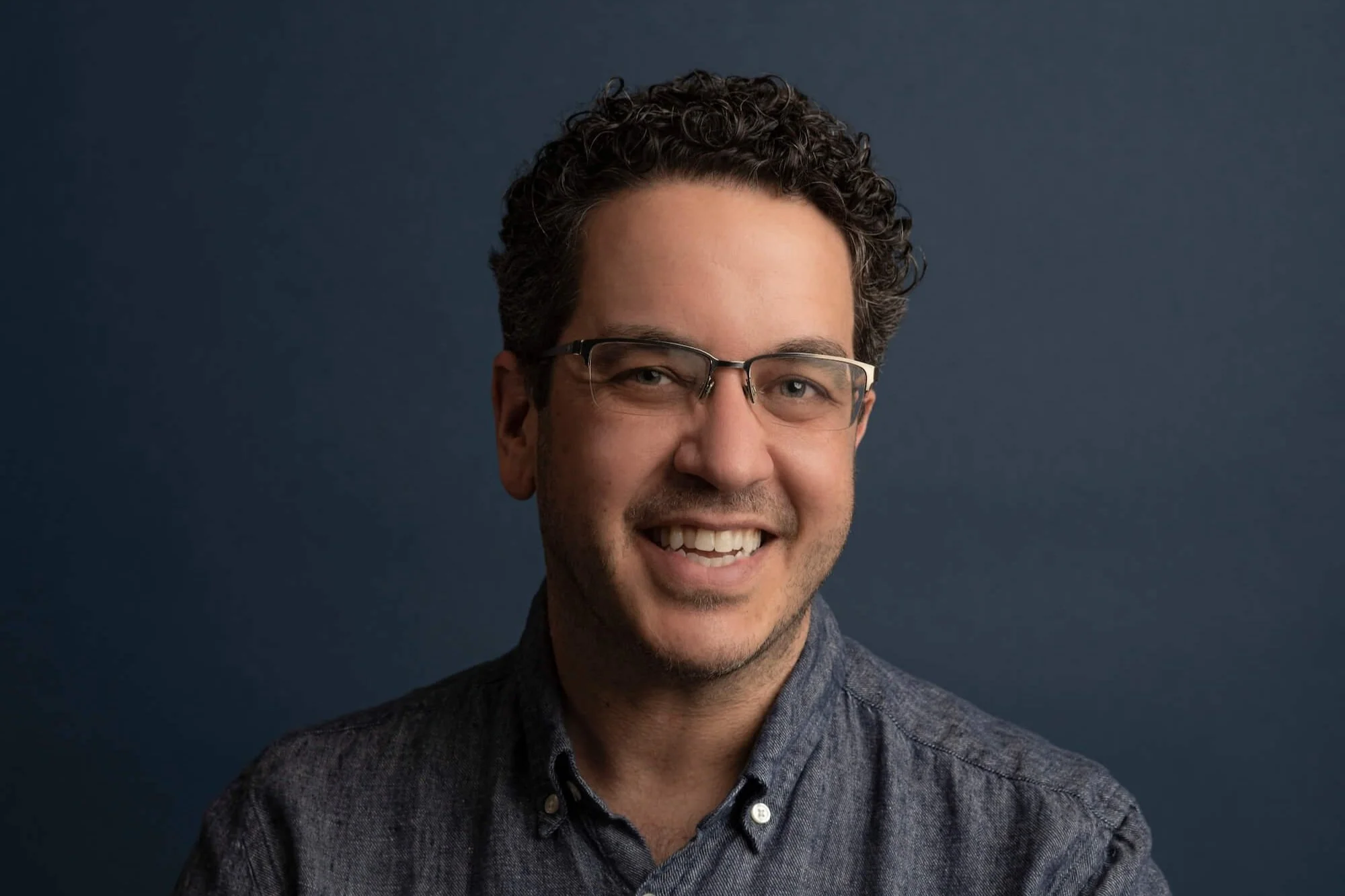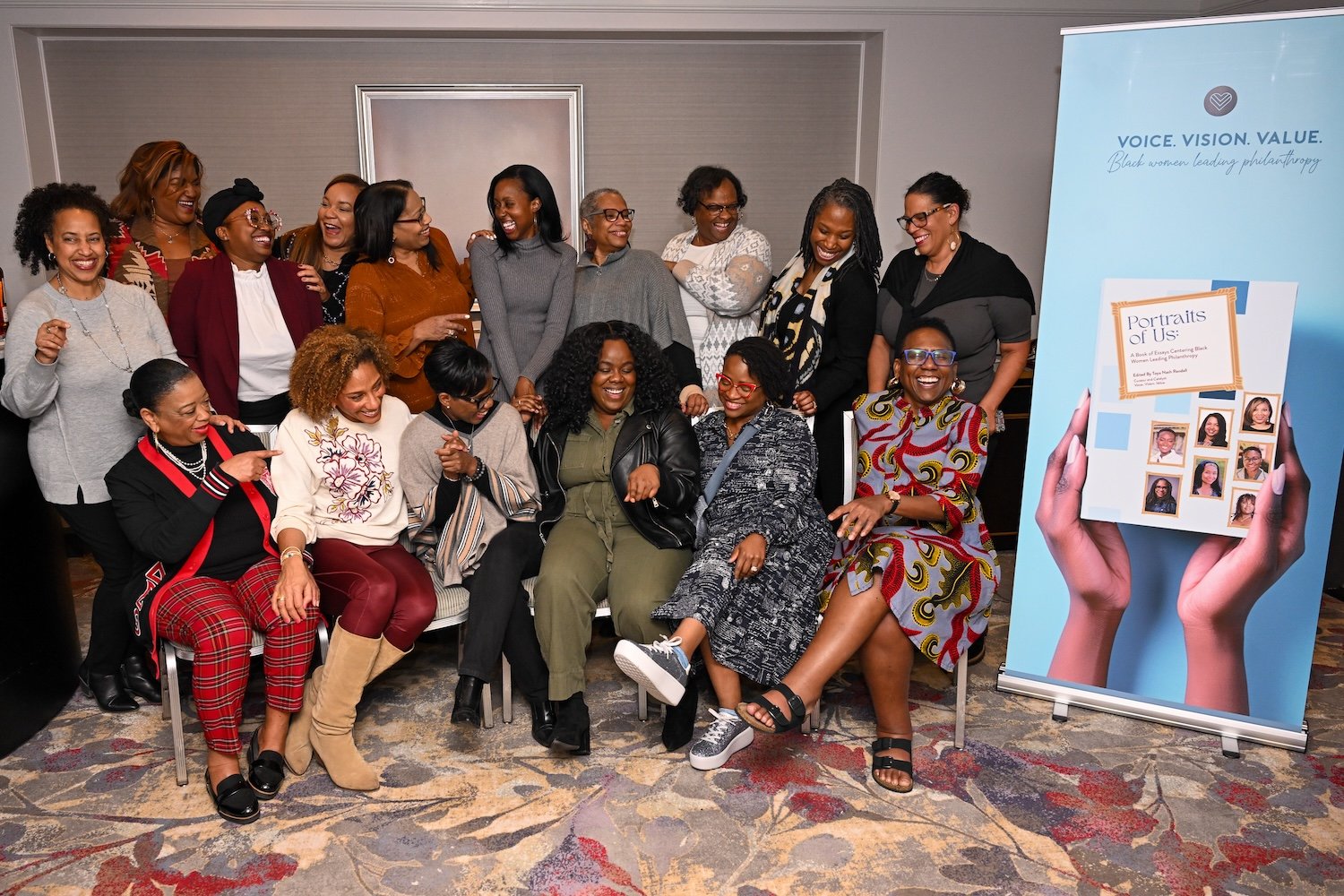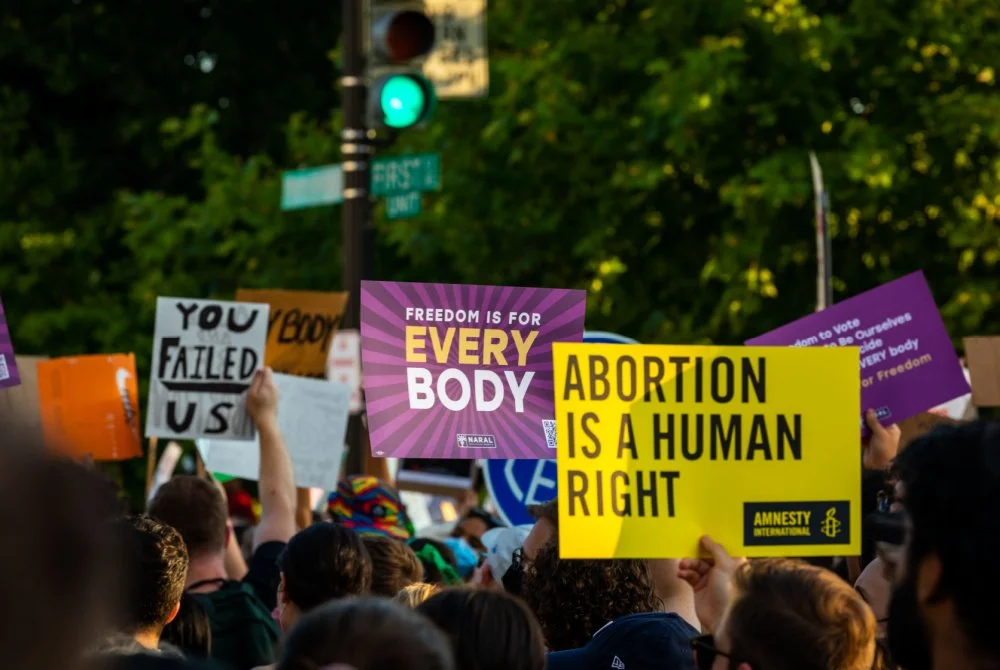Family Values: Behind a Big Gift for Racial Justice
/Jon Stryker
The longer you hang around philanthropy, the more you'll realize how deeply family background influences people's giving. Read through the letters of the Giving Pledge members, for example, and you'll see that many philanthropists learned to give by watching their parents. While tracking prominent philanthropic families we've also often been struck by how closely the apple falls to the tree in terms of social values. Again and again, the next generation works to push forward ideals learned at home with their giving—whether it's an emerging progressive donor like Alexander Soros championing human rights or the libertarian philanthropist Rebekah Mercer working as a team with her hedge fund father, Robert.
Jon and Pat Stryker are also examples of philanthropists whose values were deeply shaped by their family. They are the grandchildren of Homer Stryker, the founder of a medical device company, and the children of Lee Stryker, who dramatically expanded that company before dying in a plane crash in 1976.
Beyond being a visionary business leader, Lee Stryker was a progressive thinker, embracing racial equality at a time when deep controversy swirled around issues of race in Kalamazoo, Michigan, the Strykers' home town. In a rare interview with Inside Philanthropy, Jon Stryker recalled that his father cared deeply about civil rights, was involved with the United Negro College Fund, and always had a sign in front of the house about open housing in the Kalamazoo community.
Pat Stryker
Those family values have played out in Stryker philanthropy. Jon is best known for his Arcus Foundation, the pioneering foundation that's been on the front lines of the fight for LBGT rights in America and abroad for many years now, as well defending primates. Pat, meanwhile, established the Bohemian Foundation, which focuses on music, the arts, and community locally in Colorado and beyond. Bohemian’s grantmaking also has a strong justice focus, supporting places like the Brennan Center for Justice and the Brave New Foundation, which uses media to champion social justice causes.
Last month, the two Strykers—who are each worth a couple billion dollars—teamed up to give $10 million to the Equal Justice Initiative to fund a national lynching memorial. They pledged $5 million each in honor of their father.
The last time I wrote about Equal Justice Initiative (EJI), I dug into the story of how Wall Street couple Jonathan and Jeannie Lavine, via their charity, donated $1 million to the Alabama-based organization. Star attorney Bryan Stevenson founded and steers EJI and his powerful TED Talk and book on the disparities in the criminal justice system have moved many, including the Lavines.
Jon Stryker is another donor who was affected by Stevenson’s TED Talk, although he's no stranger to issues of race. Stryker explained to me that communities of color are often impacted by the work done at the Arcus Foundation, and the intersection of race and LGBT rights is an important part of the foundation's work. But Stryker stressed that Stevenson really hammered home the ways in which institutional racial biases have become baked into our current system.
Attention to mass incarceration and police brutality as manifestations of structural racism has grown dramatically lately, gaining the attention of many donors, as we’ve reported. It helps that this seems to be a moment in time when real reform seems possible in the area of criminal justice, and so philanthropic dollars can potentially have a major impact.
Related:
- From Outrage to Action: Behind a Big Give for Criminal Justice Reform
- A Veteran Tech Banker Invests in Criminal Justice Reform
The $10 million Stryker gift will establish the Memorial to Peace and Justice, a national memorial to victims of racial terror lynchings in the United States. The memorial will feature some 4,000 lynching victims engraved on approximately 800 concrete columns. Each column will represent a U.S. county where a lynching took place. The funds will also support a racial justice museum called From Enslavement to Mass Incarceration.
The name of the museum seems apt, particularly as Americans struggle to come to grips with the connection between current injustices of mass incarceration and old ones of slavery and Jim Crow.
The Strykers' gift has an interesting backstory. Having been moved by Bryan Stevenson’s mission and interested in supporting his work, Jon, Pat, and colleagues headed down to Montgomery, Alabama. Stryker explains that this region was one of the centers of slave trade, but that you’d never know that today. An EJI video about the new memorial notes that while there are dozens of markers in the city commemorating the confederacy, there are very few that address slavery. Everything felt “very hidden,” Stryker says.
While on the trip, Stryker met a woman who recently found out that she had a great uncle who was kidnapped and lynched long before she was born. This was a family secret, buried deep down, and the woman, though upset, was stirred when she found out about the new lynching memorial that might bring these painful histories to the surface.
a rendering of the lynching memorial.
Jon Stryker hopes that the timing of this memorial will help raise the conversation about race to a higher level, bringing empathy and understanding to an issue that's as divisive now as it was when the Stryker kids were growing up in Kalamazoo. As Stevenson puts it, “We are determined to help our nation recover from a history of racial injustice and believe these cultural projects are critically important at a time when the legacy of racial bias still persists. Because of the Strykers we can make an enormous step forward.”
Stryker made his gift independently of Arcus, because it was more personal. The 11,000-square-foot museum, which is scheduled to open later this year, will be situated near the Alabama River dock, one of the South's most prominent and trafficked slave auction sites. So far, EJI has raised $30 million but still needs another $5 million to complete its work.































